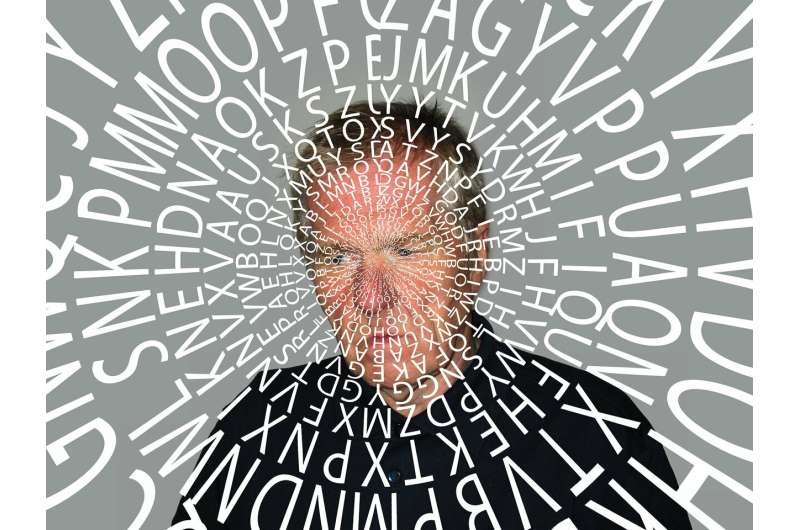Why Spouses Often Share the Same Mental Health Diagnoses and What it Means

Recent research shows that spouses are more likely to share the same mental health conditions, influenced by factors like assortative mating and social proximity. Understanding these patterns can improve mental health awareness and relationship support.
It is a common saying that "birds of a feather flock together," especially when it comes to romantic partners. Factors like shared religious beliefs, values, political views, and music taste are well-known influences on attraction and relationship satisfaction. Recent research, however, points to another intriguing factor: couples are more likely to be diagnosed with similar mental health conditions.
Historical studies dating back to the 1960s and 1980s have explored familial and relational patterns in psychiatric diagnoses among partners, but large-scale, cross-cultural investigations have only recently been conducted. Using data from national health insurance records encompassing over six million couples in Taiwan, Denmark, and Sweden, researchers analyzed the extent to which mental health disorders are shared within couples. They examined nine psychiatric conditions including depression, anxiety, bipolar disorder, schizophrenia, autism, ADHD, obsessive-compulsive disorder, anorexia, and substance use disorder.
Findings reveal that individuals diagnosed with a mental health disorder are more likely to marry someone with a similar diagnosis than someone without such a diagnosis. This phenomenon, called assortative mating, suggests that people might be naturally drawn to partners who share similar traits, behaviors, or outlooks—possibly including mental health characteristics.
Theories proposed to explain this include:
- Assortative Mating: People tend to select partners similar to themselves, extending beyond personality to mental health traits.
- Proximity: Shared environments and social settings where individuals with similar conditions meet, such as social venues or support groups.
- Attachment Styles: Early emotional bonds influence the type of partners we seek, often similar in attachment style, which correlates with certain psychiatric conditions.
- Social Identity: Sharing a mental health diagnosis can foster a sense of belonging, drawing individuals toward others with the same struggles.
Despite the strength of the findings, limitations exist. The timing of diagnoses relative to relationships wasn’t tracked, so it’s unclear whether mental health conditions influenced partner choice or emerged after the relationship began. Additionally, diagnostic biases from healthcare providers and shared healthcare providers could impact the data, and the observational nature of the study doesn’t establish causation.
Understanding this pattern offers insights into relationship dynamics and mental health support. For example, shared experiences can foster empathy and social support, strengthening bonds. However, it also underscores the importance of mental health awareness and diagnosis timing in relationships.
Ultimately, the research suggests that shared mental health diagnoses might be both a product of attraction based on common traits and environmental factors. Recognizing these patterns is vital for mental health professionals and individuals alike, promoting healthier relationships and better support networks.
Stay Updated with Mia's Feed
Get the latest health & wellness insights delivered straight to your inbox.
Related Articles
The Impact of Biological Sex on the Progression of Bipolar Disorder and Schizophrenia
Recent research reveals that biological sex influences the clinical course and neurocognitive aspects of bipolar disorder and schizophrenia, emphasizing the need for sex-sensitive treatment approaches.
Genetic and Environmental Factors in Family Mental Health: Breaking the Cycle
A groundbreaking study reveals that while mental health issues often run in families, they are not predetermined. Strengthening family environments and early interventions can break this cycle and promote resilience.
Early Warning Signs of Youth Suicide: Recognizing the Hidden Signals Adults Often Overlook
A groundbreaking 25-year study reveals how suicidal thoughts develop in youth, emphasizing the importance of early recognition of warning signs to prevent tragic outcomes and improve mental health interventions for young people.



